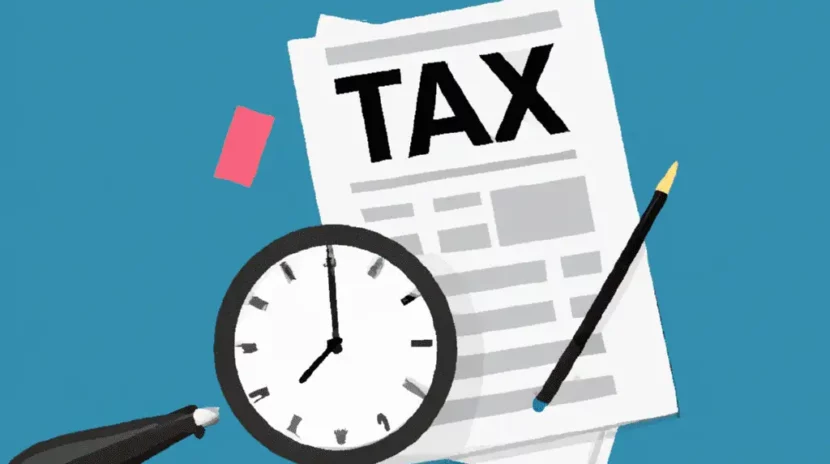Thailand Income tax is governed by the Revenue Code and applies to individuals, businesses, and other legal entities earning income within or outside Thailand, depending on their residency status. Tax compliance is a crucial aspect of operating or residing in Thailand, with rules varying based on income type, source, and taxpayer classification.
1. Tax Residency
1.1 Definition of a Resident
- An individual is considered a tax resident if they stay in Thailand for 180 days or more in a calendar year.
- Tax residents are taxed on worldwide income, while non-residents are taxed only on Thai-sourced income.
2. Personal Income Tax (PIT)
2.1 Taxable Income
Taxable income includes:
- Employment Income: Wages, bonuses, and benefits-in-kind.
- Business and Professional Income: Profits from trade or services.
- Investment Income: Dividends, interest, and rental income.
- Other Income: Royalties, prizes, and income from property sales.
2.2 Tax Rates
Thailand uses a progressive tax rate system for individuals:
- Up to 150,000 THB: Exempt.
- 150,001–300,000 THB: 5%.
- 300,001–500,000 THB: 10%.
- 500,001–750,000 THB: 15%.
- 750,001–1,000,000 THB: 20%.
- 1,000,001–2,000,000 THB: 25%.
- 2,000,001–5,000,000 THB: 30%.
- Over 5,000,000 THB: 35%.
2.3 Deductions and Allowances
- Standard deductions for employment income: 50% of gross income (capped at 100,000 THB).
- Personal allowance: 60,000 THB.
- Dependent allowances: 30,000 THB per dependent (up to three).
- Specific deductions for education, insurance premiums, and mortgage interest.
3. Corporate Income Tax (CIT)
3.1 Tax Rates
- Standard rate for most companies: 20% of net profit.
- Small and Medium Enterprises (SMEs) with net profit under 300,000 THB: Exempt.
3.2 Taxable Entities
- Limited companies, partnerships, and foreign branches operating in Thailand.
- Non-resident companies taxed on Thai-sourced income.
3.3 Tax Incentives
- Board of Investment (BOI) promotions and Eastern Economic Corridor (EEC) programs offer tax holidays and reduced rates for qualifying businesses.
4. Value Added Tax (VAT)
- Standard VAT rate: 7%.
- Applied to goods and services sold or consumed in Thailand.
- Exemptions include educational services, healthcare, and financial services.
5. Withholding Tax
- Certain payments, such as dividends, royalties, and interest, are subject to withholding tax at rates ranging from 5% to 15%, depending on tax treaties.
6. Tax Filing and Payment
- Personal Income Tax:
- Annual filing by March 31 for income earned in the previous calendar year.
- Corporate Income Tax:
- Mid-year returns (PIT30) and annual filings (PIT50).
- Penalties:
- Late filings incur fines and surcharges, typically 1.5% per month of overdue amounts.
7. Tax Treaties
Thailand has signed double tax agreements (DTAs) with over 60 countries to prevent double taxation and promote international investment. Benefits include reduced withholding tax rates and exemptions for qualifying taxpayers.
Conclusion
Understanding Thailand’s income tax system is essential for individuals and businesses to maintain compliance and optimize financial planning. With a progressive tax structure, robust incentives for businesses, and clear residency rules, Thailand offers a well-defined framework for taxpayers. Consulting with tax professionals or legal advisors ensures accurate reporting and maximizes tax benefits under the law.

